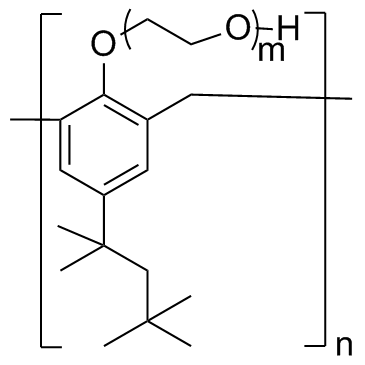| Structure | Name/CAS No. | Articles |
|---|---|---|
 |
1-Hexadecanol
CAS:36653-82-4 |
|
 |
Tyloxapol
CAS:25301-02-4 |